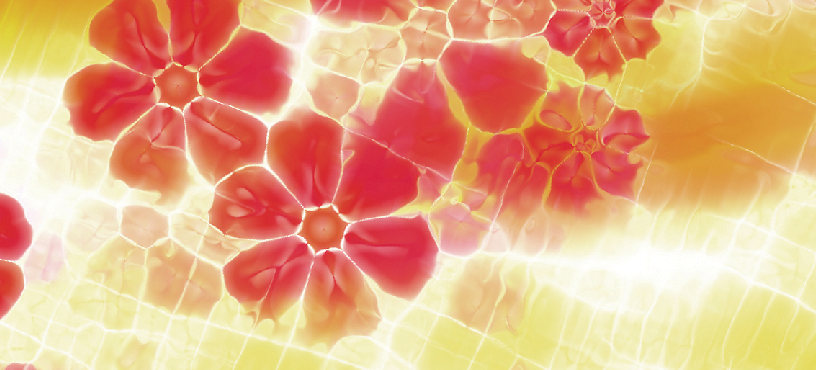By Dr. Charlie W. Starr
 Last November I saw two movies that offered answers to the problems of pain and death and the possibility of life beyond death—answers many people today actually pursue (though these movies were fantasy films). But the answers do not satisfy.
Last November I saw two movies that offered answers to the problems of pain and death and the possibility of life beyond death—answers many people today actually pursue (though these movies were fantasy films). But the answers do not satisfy.
The Horror of Reincarnation
I went to see Cloud Atlas because the trailers were interesting, the reviews were ecstatic, and the movie was made by the siblings who made the Matrix films. My Facebook review of the film was two words: “Beautiful Buddhism.” When I wrote about the purpose of art in 2011, I pointed out the differences between kinds of good and bad. Cloud Atlas is a perfect example of a film that is good because it’s engaging, thought provoking, and beautifully made, and bad because it lies about gender, sexual morality, the goal of our lives, and the nature of life after life.
I don’t recommend seeing the movie, but it did one good thing for me: it showed me the hopelessness of reincarnation. Imagine being made to repeat life forever. At first we might think it’s not such a bad thing. But think for a moment about the total number of heartaches and pains that have been a part of your personal history, and then imagine such a life extended in cycles for countless millions of years.
Even at the end of the movie, when two characters finally find a kind of earthly paradise, we are left with the knowledge that they will die and have to face another lifetime where they may or may not be together and may live lives of hardship or joy with no promise that things will be better the next time around.
The Transhuman Hope
Some years ago I wrote about the wonderful moment in the first Twilight film when Edward refused to have sex with his love, Bella. I didn’t get around to writing about the fourth Twilight film, Breaking Dawn (Part One), which is the most pro-life movie to come out of Hollywood I’ve ever seen. The ending of Breaking Dawn (Part Two), however, left me with the same problem of hopelessness I’d seen in Cloud Atlas. The movie’s answer to life’s problems is to avoid death. The heroes are vampires (good ones who only drink animal blood). They have cool vampire abilities, they are deeply in love with each other, and they expect to live happily forever after—in this world.
If we could solve all our problems, defeat all our enemies, find our truest earthly love, and never know sickness or death, would we want to? Is the promise of Heaven a promise of perfect circumstances or something more?
I think if anyone could prove that life was meaningless, it would be Solomon who had the perfect life but found it lacking (see Ecclesiastes 1:2). I think if any nation could prove the vanity of life, it would be America. Life here isn’t perfect, but we have more wealth, resources, recreation options, leisure time, material wealth, and labor saving technology than any nation in history; and yet we’re the most bored people in the world. Creating Heaven on earth is no solution to the true human hunger—not for blood, but for transformation.
The thought of Edward and Bella living happily ever after in this lifetime without the transforming power of Christ is a terrible one. When I think of their forever earthly life together, all I can imagine is a question: “Would I want my wife to have to live with all my faults, my hang-ups, my fears, my selfishness—all my sins—for a thousand years?”
What would paradise on earth be for fallen creatures like us but an unending sense that something is missing—a hopeless sense that things will never get any better than this? We’ve all heard stories of people who get everything they want, only to find there’s still something more they want—something nothing in this world can satisfy.
The movement known as transhumanism doesn’t get a lot of notice. It is a kind of techno-religion that hopes in science. Specifically, it hopes that technology can be used to augment the human body to create super human beings who will ultimately be able to live forever. Transhumanism hopes to end death for its followers. But then they will be faced with a terrible question: “What do we now do with ourselves for the next million years?”
The hope of Heaven is not just for perfect circumstances; it’s a hope for perfected selves. It’s a hope that the person I am is not always the person I’m going to be. I’m going to be made whole, complete, perfect—like Christ. This is the only vision of life after life that offers true hope.
Dr. Charlie W. Starr teaches English, humanities, and film at Kentucky Christian University in Grayson, Kentucky.



Comments: no replies